- Every decision we make is informed by biases and heuristics, but they are a double-edged sword. They enable people to make quick and intuitive decisions but also lead to rash and misinformed choices.
- Biases and heuristics are of particular concern in an organizational context since misinformed or suboptimal decisions made by employees can have a significant impact on organizational outcomes.
Need Extra Help?
Speak With An Analyst.
- Get on-demand project support
- Get advice, coaching, and insight at key project milestones
- Go through a Guided Implementation to help you get through your project

Our Advice
Critical Insight
- Nudges are not new: HR professionals have been applying the concept in practice for decades without having a formal name for it. But by taking an informed, measurable approach, HR can stop guessing and start reporting on the effectiveness of their nudge interventions.
Impact and Result
- HR can use nudges to improve employee decision making: nudges are a behavioral science tool to alter the environment and context that decisions are made in to encourage better decision making.
- Map out the decision-making process of employees’ suboptimal behaviors to determine any pressures or bottlenecks that are inhibiting employees from making better decisions.
- Develop ethical nudges that address the pressures and bottlenecks faced by employees.
 Navigate Change
Navigate Change
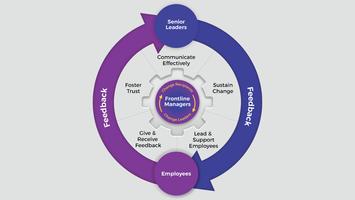 Activate Frontline Managers in Change Management
Activate Frontline Managers in Change Management
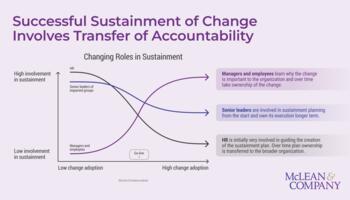 Build a Change Sustainment Plan
Build a Change Sustainment Plan
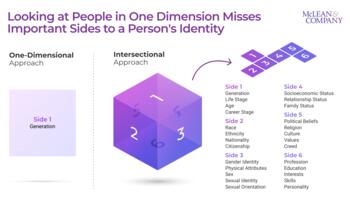 Making Sense of Generations in the Workplace
Making Sense of Generations in the Workplace
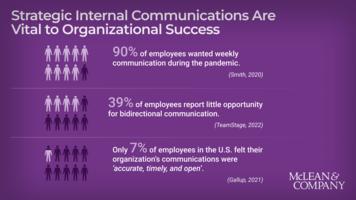 Craft an Internal Communications Strategy
Craft an Internal Communications Strategy
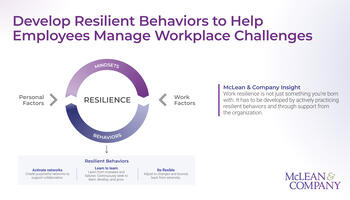 Develop a Resilient Workforce
Develop a Resilient Workforce
 Build a Resilient HR Team
Build a Resilient HR Team
 Nudges: A Paradigm for HR to Influence Employee Behavior
Nudges: A Paradigm for HR to Influence Employee Behavior
 Effectively Manage the People Aspects of Mergers and Acquisitions
Effectively Manage the People Aspects of Mergers and Acquisitions
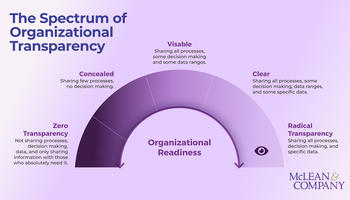 The Rise of Organizational Transparency
The Rise of Organizational Transparency
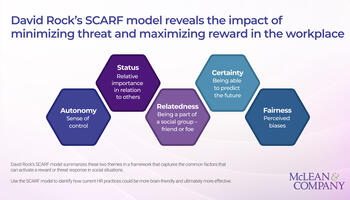 Neuroscience and HR
Neuroscience and HR
 Equip Managers to Lead Through Change
Equip Managers to Lead Through Change
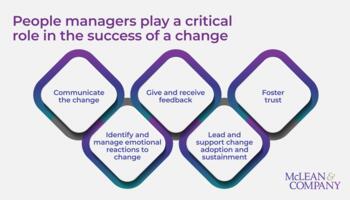 Navigate the Change Management Process
Navigate the Change Management Process
 Train Managers to Build Key Resilience Behaviors
Train Managers to Build Key Resilience Behaviors